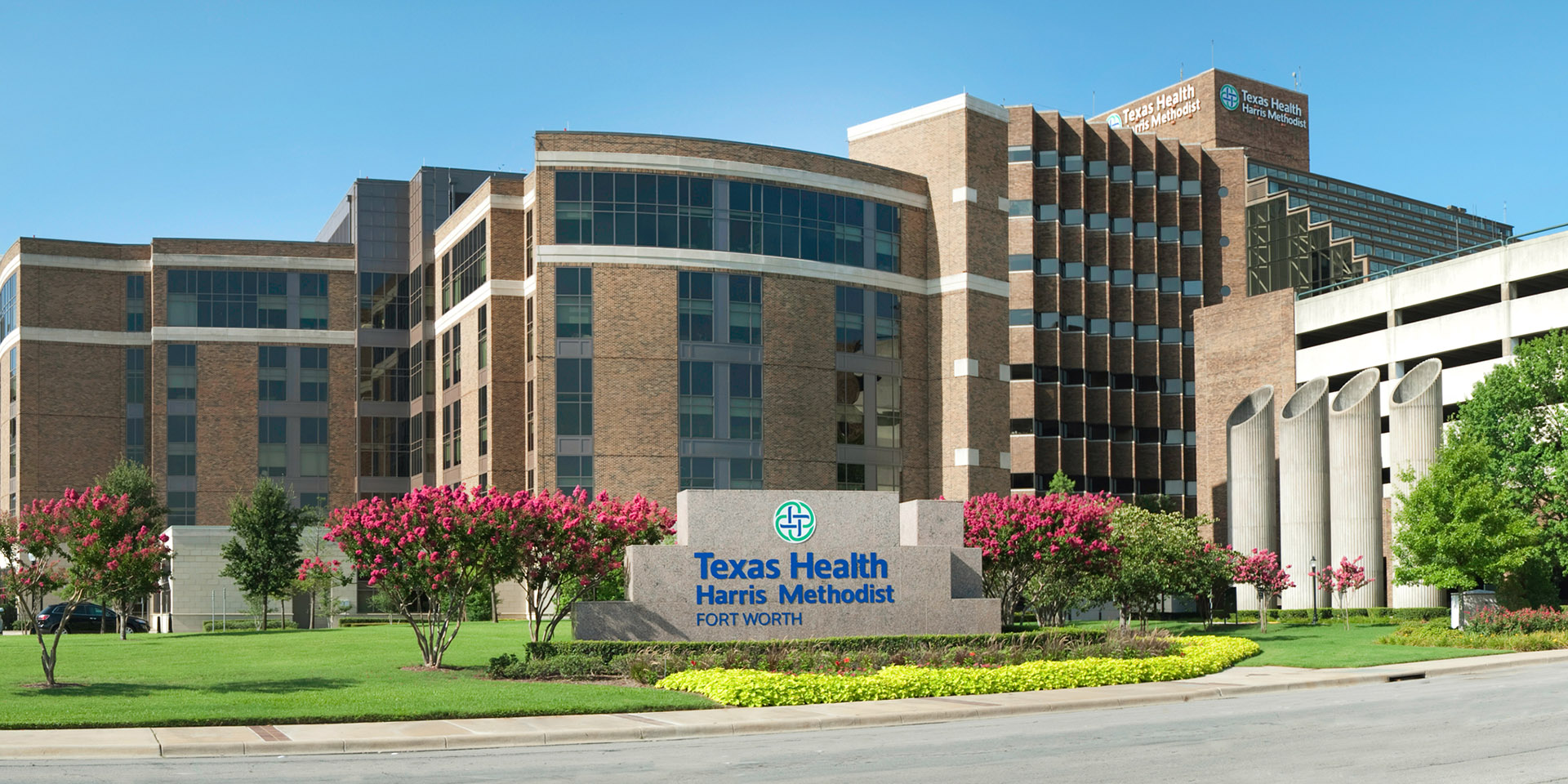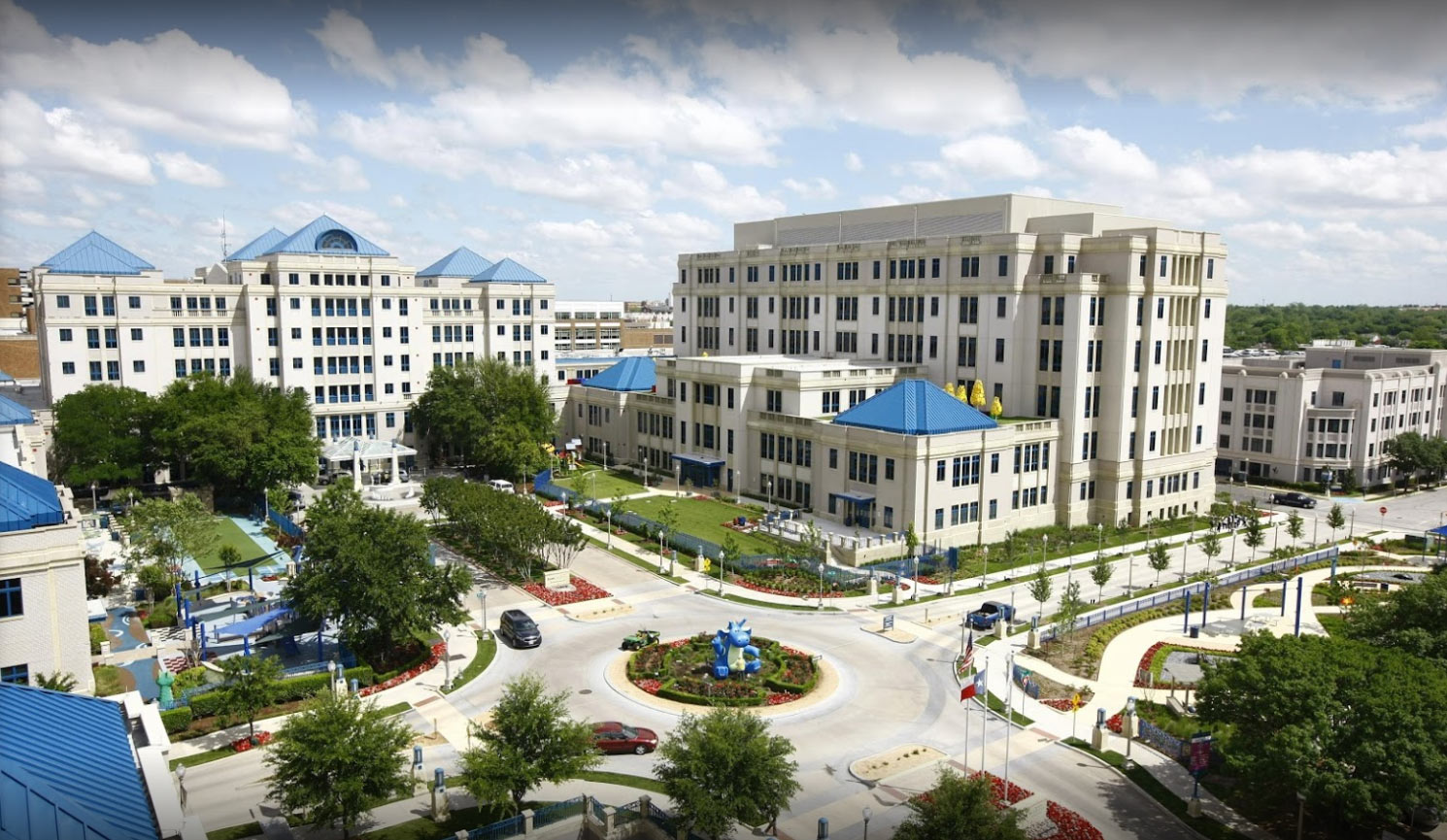Program Structure
Our program will provide a broad surgical education by integrating various operative experiences, structured didactic sessions, and mentoring by skilled faculty. Clinical experiences add greatly to a resident's medical knowledge, diagnostic ability, and surgical confidence. These experiences include resident training with general surgical conditions related to age, gender, and socioeconomic status. Levels of clinical responsibility and of operative experience gradually increases with each year of training so that the residents develop their technical skills, clinical judgment, and interpersonal skills.
Below is an example of the program’s curriculum. This sample may be adjusted by the Program Director to ensure adequate experience, case log numbers, and ACGME compliance.
-
PGY-1
Trauma and Acute Care Surgery – 2 months
Surgical Trauma Intensive Care Unit – 1 month
Night Team – 3 months
General Surgery Team 1 – 2 months
General Surgery Team 2 – 3 months
Plastics and Reconstructive Surgery – 1 month
-
PGY-2
Trauma and Acute Care Surgery – 3 months
Surgical Trauma Intensive Care Unit – 2 months
Night Team – 2 months
General Surgery Team 1 – 1 month
General Surgery Team 2 – 2 months
Vascular Surgery – 2 month
-
PGY-3
Trauma and Acute Care Surgery – 2 months
Surgical Trauma Intensive Care Unit – 1 month
Night Team – 1 month
General Surgery Team 1 – 2 months
General Surgery Team 2 – 1 months
Vascular Surgery – 2 month
Cardiothoracic Surgery – 1 month
Pediatric Surgery – 2 months
-
PGY-4
Trauma and Acute Care Surgery – 2 months
Night Team – 3 months
General Surgery Team 1 – 4 month
General Surgery Team 2 – 3 months
-
PGY-5
Trauma and Acute Care Surgery – 3 months
Night Team – 1 months
General Surgery Team 1 – 4 month
General Surgery Team 2 – 4 months
-
General Surgery Teams
Our general surgery team rotations include a broad exposure of surgical specialties, including general surgery, foregut surgery, colorectal surgery, hepato-pancreato-biliary surgery, endocrine surgery, breast surgery, hernia and abdominal wall reconstruction, burn, and transplant surgery.
Conferences / Didactics
Grand Rounds – Monthly
A vital component of didactic education in residency training, grand rounds presentations provide a review and discussion of current clinical problems in surgery. Best practices and current research are disseminated in the diagnosis and treatment of surgical pathology.
SCORE Conference – Weekly
A weekly basic science and applied clinical skills conference covering the SCORE (Surgical Council on Resident Education) curriculum. Using a flipped classroom model, residents prepare for the weekly conference and are engaged by faculty in oral exam-style discussions on the clinical application of the material. This is followed by resident-led exam question review.
Morbidity and Mortality – Weekly
Weekly M&M conferences will provide residents education on quality improvement initiatives, how to begin them and how to lead these important initiatives. This will be achieved by the comprehensive identification of complications within the cases reviewed, a standardized case presentation that explores ways to improve care while also highlighting clinical learning points, and a focus on converting what is learned from conference discussion into meaningful Quality Improvement projects.
Journal Club – 5-6 per year
Journal club didactics will allow residents to critically evaluate articles in medical literature that will help improve residents’ skills in medical knowledge and surgical practice.
Skills / Simulation Lab
Residents participate in a structured surgical skills simulation curriculum which includes level appropriate simulation training at the Amon G. Carter Medical Simulation Training Center at Texas Health Fort Worth. PGY-1 and PGY-2 residents complete a longitudinal simulation curriculum utilizing Simsei Simulation to develop laparoscopic skills, including laparoscopic suturing, appendectomy, cholecystectomy, and colectomy. PGY-1, PGY-2, and PGY-3 residents complete robotics training courses provided by Intuitive Surgical in robotic cholecystectomy, inguinal and ventral hernia repair, and colectomy.
Research Opportunities
All residents in the General Surgery Residency Program are encouraged and supported in the pursuit of scholarly activity, research, and quality improvement. Residents are paired with a faculty mentor for all scholarly activity and quality improvement projects. This mentor is tasked with assisting residents in background research, feasibility, IRB approval, study design, implementation, and analysis.
-
Texas Health Fort Worth
1301 Pennsylvania Avenue
Fort Worth, TX 76104
Texas Health Fort Worth is a 707-bed, acute care hospital with approximately 30, 000 major operations annually. This primary training location has a longstanding history of providing advanced medical care to its community. The community includes residents from 41 zip codes with a population of more than 1.2 million people in four counties. Those communities are expected to grow by another 100,000 people over the next five years. Construction of the new surgical tower is set to complete at the end of 2021 and open in 2022. This new state-of-the-art tower will add 144 patient beds, 15 surgical suites and new pre-operative and post-operative units. This nine-story tower will feature surgical suites designed to accommodate advanced technologies and provide more space for the latest surgical equipment. The layout of patient rooms will bring patients and families close together during recovery. This training site will provide our surgical residents with ample patient volumes and case diversity to meet ACGME requirements for training.
WATCH NOW:
Overview -- Texas Health Harris Methodist Hospital Fort Worth
-
Cook's Children's Medical Center – Pediatrics Rotation
801 Seventh Avenue
Fort Worth, TX 76104
Cook Children’s Medical Center is nationally recognized for its outstanding pediatric care. It is home to top medical minds, advanced technologies and treatments and leading-edge clinical research, all designed to meet the health care needs of children. Residents will spend one month during their third year and one month during their fourth-year training at Cook Children’s Medical Center.

